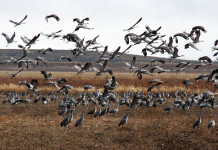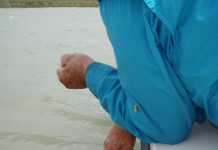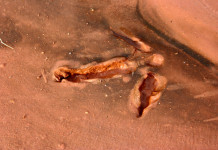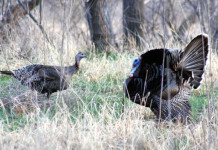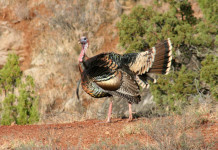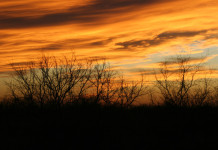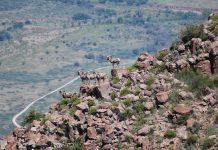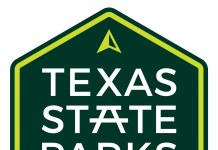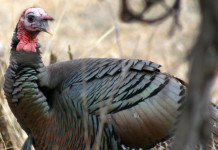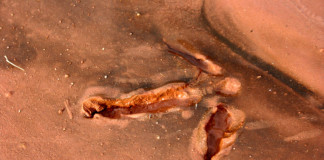The Migratory Bird Conservation Commission has approved the protection, restoration and enhancement of 157,000 acres of migratory bird habitat, including a project at Texas’ San Bernard National Wildlife Refuge in Brazoria County.
The commission approved the $3.3 million purchases and boundary additions that will add 42,000 acres to the National Wildlife Refuge System, while an additional 115,000 acres of wetlands and associated uplands will be conserved through North American Wetlands Conservation Act grants totaling $21.5 million.
“Wetlands provide not only some of the richest wildlife habitat on Earth, especially for migratory birds, but also clean drinking water, flood control and opportunities for boating, fishing, hunting and other outdoor recreation,” said Department of the Interior Secretary Sally Jewell, who chairs the commission, in a news release. “By conserving, enhancing and restoring more than 150,000 acres of wetlands, including adding to the National Wildlife Refuge System, we are enriching our country in ways that will be seen for generations to come.”
The $3.3 million approved to acquire refuge land and boundary additions will come from the Migratory Bird Conservation Fund, which consists of proceeds from the sale of Migratory Bird Hunting and Conservation Stamps, popularly known as Duck Stamps, and other funding sources, according to the release. Waterfowl hunters and other wildlife enthusiasts can support bird habitat acquisitions by purchasing Federal Duck Stamps.
Twenty-one million dollars in conservation grants to 21 projects in 16 states will also be made available through the North American Wetlands Conservation Act U.S. Standard Grants program. Partners will match this support with $50 million in leveraged funds.
“Our nation’s migratory birds are facing ever-greater threats from habitat loss and the burgeoning effects of global warming. Protecting these habitats is essential for the long-term survival of key populations of waterfowl, waterbirds, shorebirds and landbirds,” said Service Director Dan Ashe, in the release
Click here for additional details about these projects.




